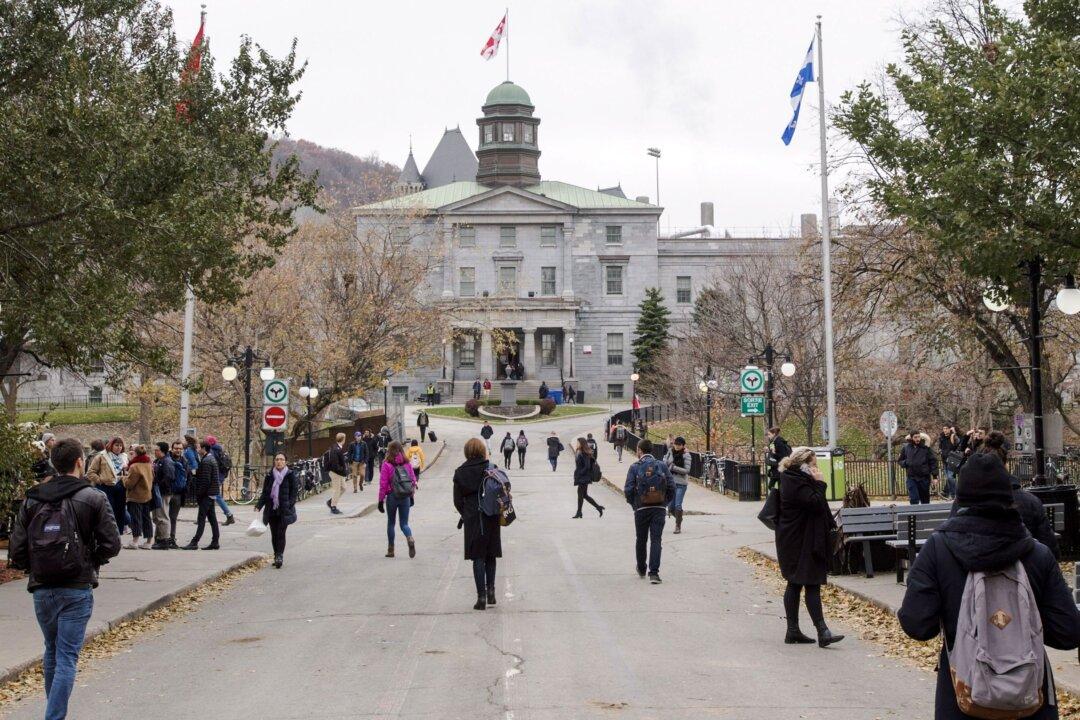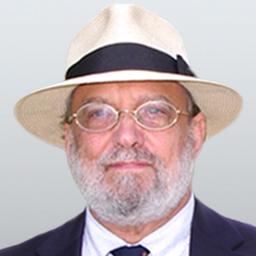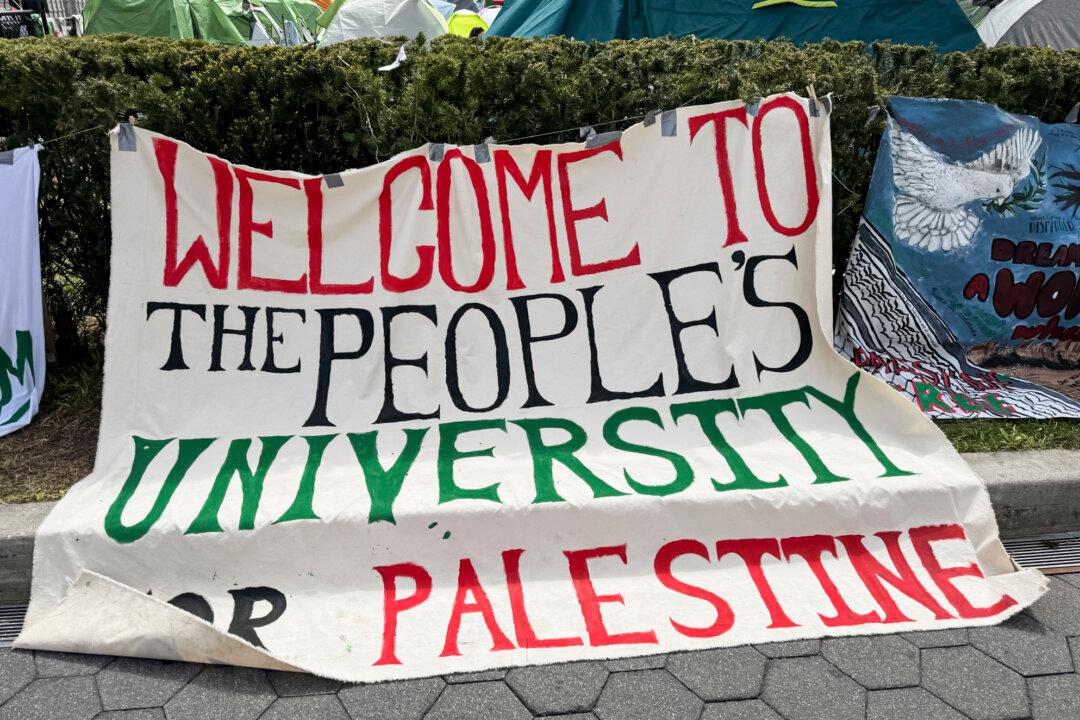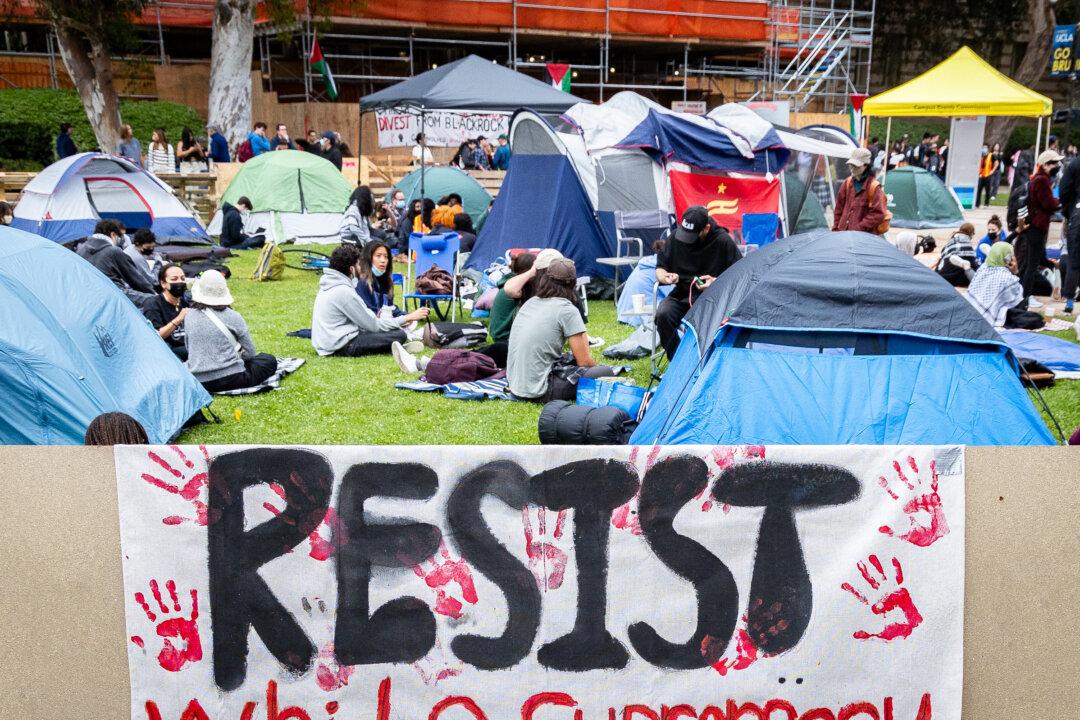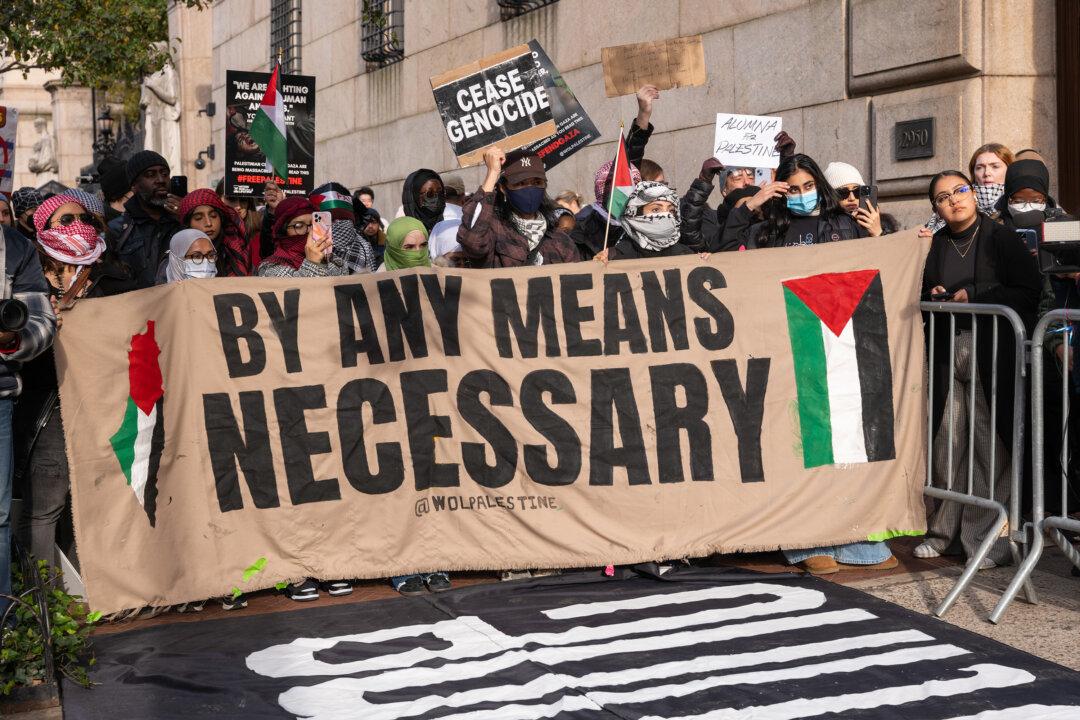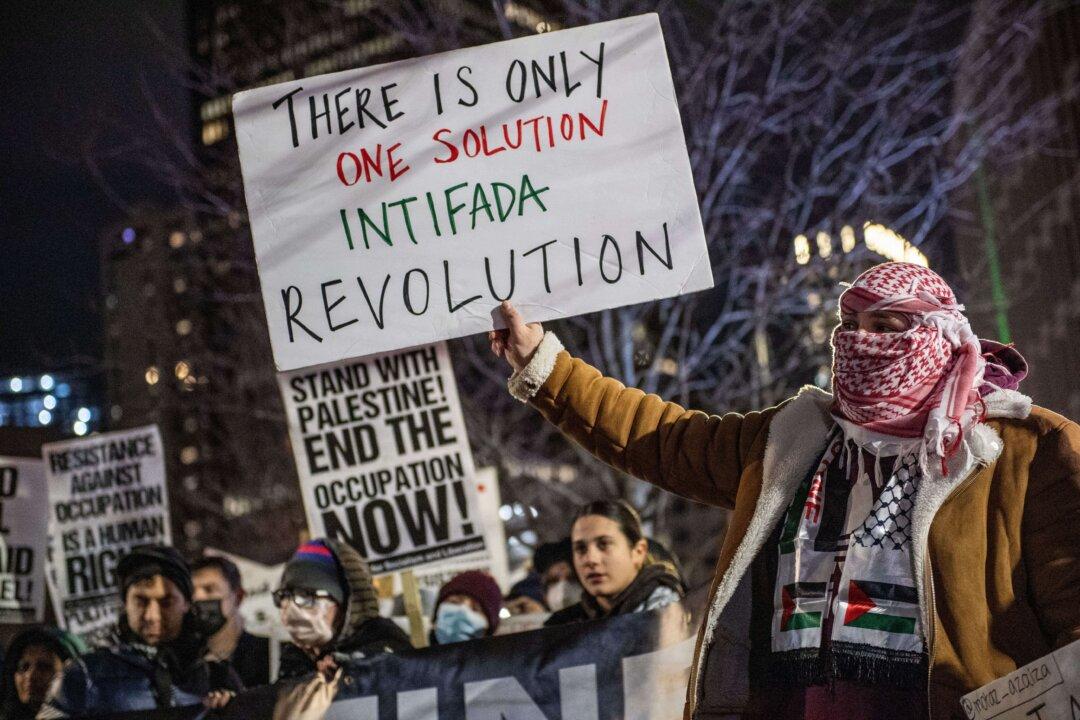Commentary
Universities as a community of autonomous scholars delving into knowledge and seeking to expand it is a model that’s long out of date. With the explosive growth of university, scientific, and granting agency bureaucracies, coercive oversight and imposition have grown by magnitudes.
